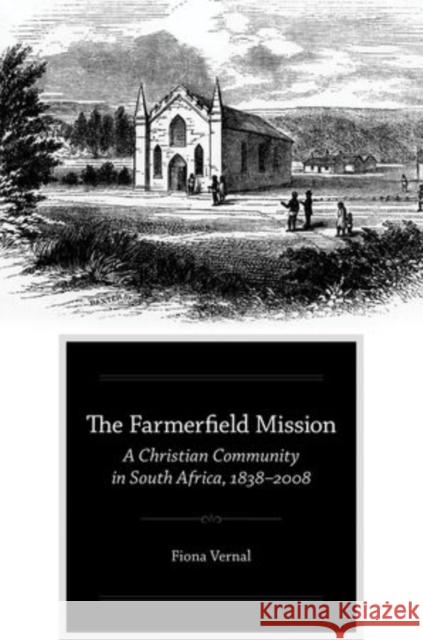Farmerfield Mission: A Christian Community in South Africa, 1838-2008 » książka
Farmerfield Mission: A Christian Community in South Africa, 1838-2008
ISBN-13: 9780199843404 / Angielski / Twarda / 2012 / 400 str.
In The Famerfield Mission, Fiona Vernal recounts the history of an African Christian community on South Africa's troubled Eastern Cape frontier. Forged in the secular world of war, violence, and colonial dispossession and subjected to grand evangelical aspirations and social engineering, Farmerfield's heterogeneous mix of former slaves and displaced Africans from polities beyond the borders of the Cape Colony entered the powerful ideological arena of anti-slavery humanitarianism and evangelicalism. As a farm, an African residential site amid a white community, and a Christian mission on a violent frontier, Farmerfield was at once a space, a place, and an idea that Africans, missionaries, whites, and colonial authorities competed to mold according to their own visions.
Founded in 1838 and destroyed by the apartheid government in 1962, Farmerfield's residents struggled over the meaning and content of a civilized, Christianized lifestyle, deploying a range of tactics from negotiation and dissimulation to deference and defiance. In the process, they vernacularized Christianity, endured the ravages of colonialism and apartheid, used their historical connections to the Methodist Church and South Africa's land reform legislation to regain land, and launched the Farmerfield experiment anew, amid new debates about the meaning of post-apartheid land access and citizenship. Farmerfield's propitious rise, protracted, frustrating decline and fledgling reincarnation reflect epochal chapters in South Africa's colonial, apartheid, and post-apartheid history as Africans attempted to define the terms of their cultural autonomy and economic independence.










